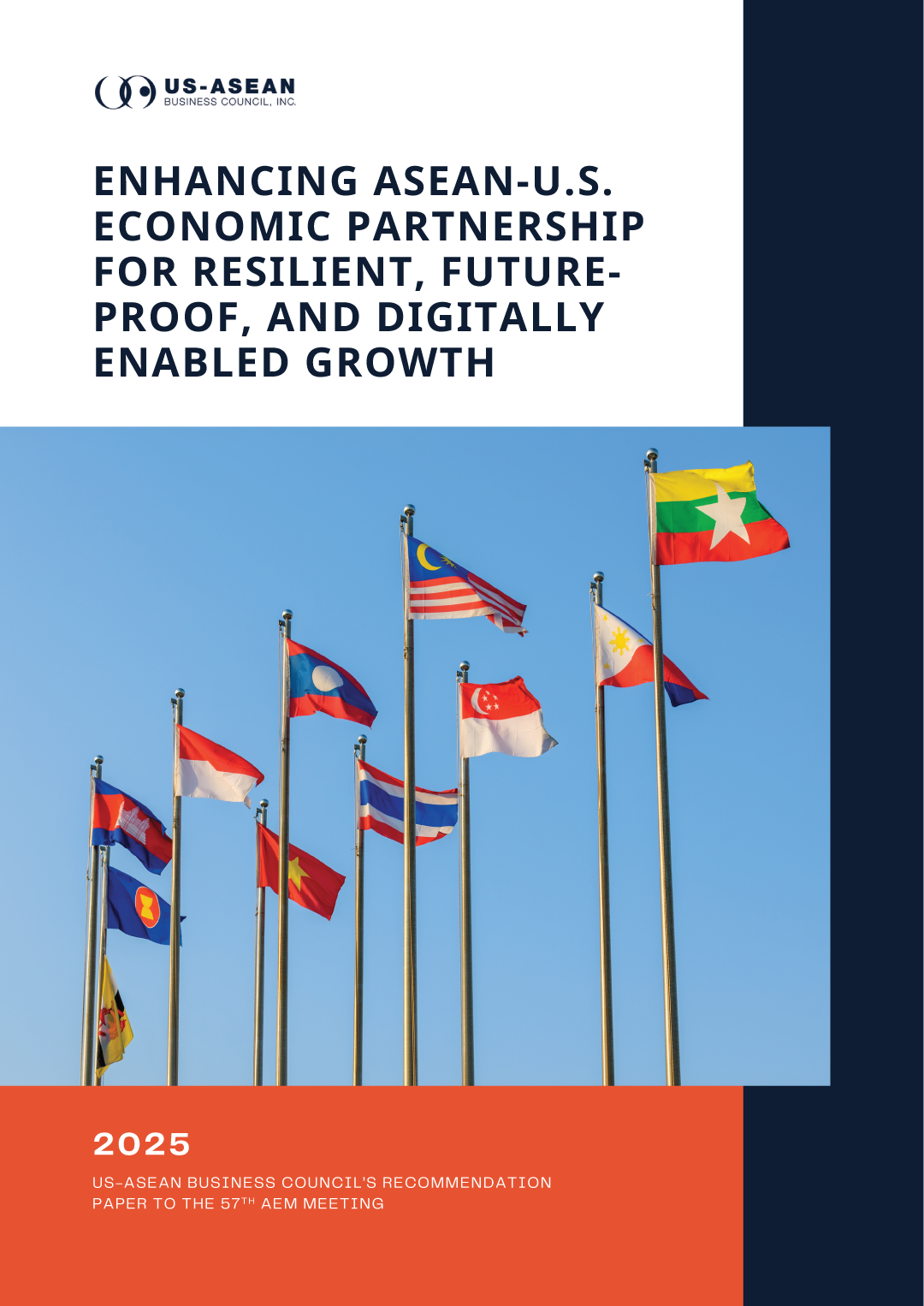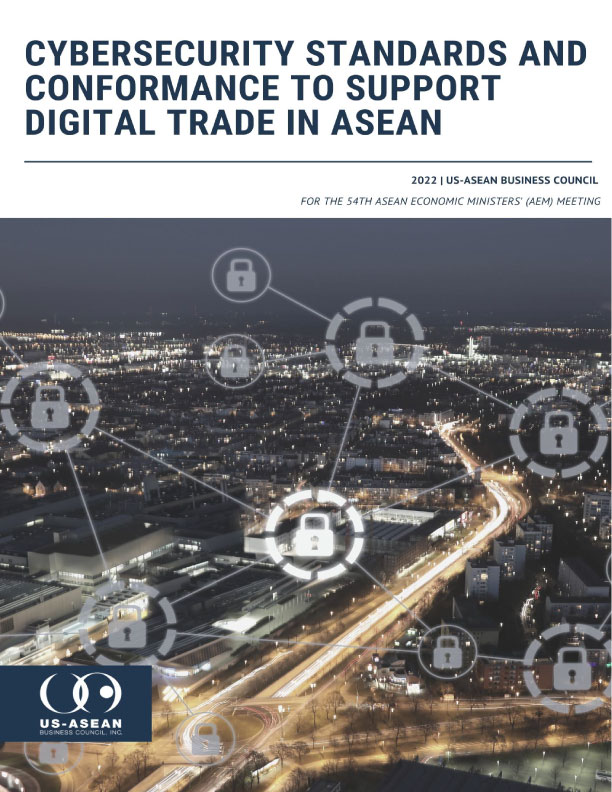Malaysia Lifts Renewable Export Ban, Opens Purchasing Opportunities for Singapore

Following a cabinet meeting on May 3rd, the Malaysian government lifted its ban on exporting renewable energy. During the same meeting, a new consensus was established on the country achieving a renewable energy mix of 70% by 2050. The government estimates that this transition will require an investment of 673 billion ringgit (138.4 billion USD), as renewables only comprise 16% of the country's energy mix. These two policy decisions are directly linked, with access to export markets seen as a critical motivator for emerging renewable development. Singapore will be the principal purchaser of these exports due to their limited domestic renewable options. The ban was instituted in October of 2021 with the intention of expanding the country's use of renewable energy as a share of its domestic energy consumption. However, the combination of unstable demand within the Malaysian energy market, as well as a sharp rise in demand for renewables in neighboring Singapore, meant that the policy had the unintended consequence of reducing the potential market for renewables. The lifting of this ban will also benefit the country's LNG and coal industries as the country is likely to remain reliant on these sources in the short term as its renewables are sold abroad. The Lifting of this band has been celebrated in Singapore as the country seeks to import a large share of its renewable energy to meet its decarbonization goals

![Cover-[USABC-Final]-Driving-ASEAN-Unity-Malaysia's-Vision-for-2025](/sites/default/files/2025-07/Cover-%5BUSABC-Final%5D-Driving-ASEAN-Unity-Malaysia%27s-Vision-for-2025.jpg)





